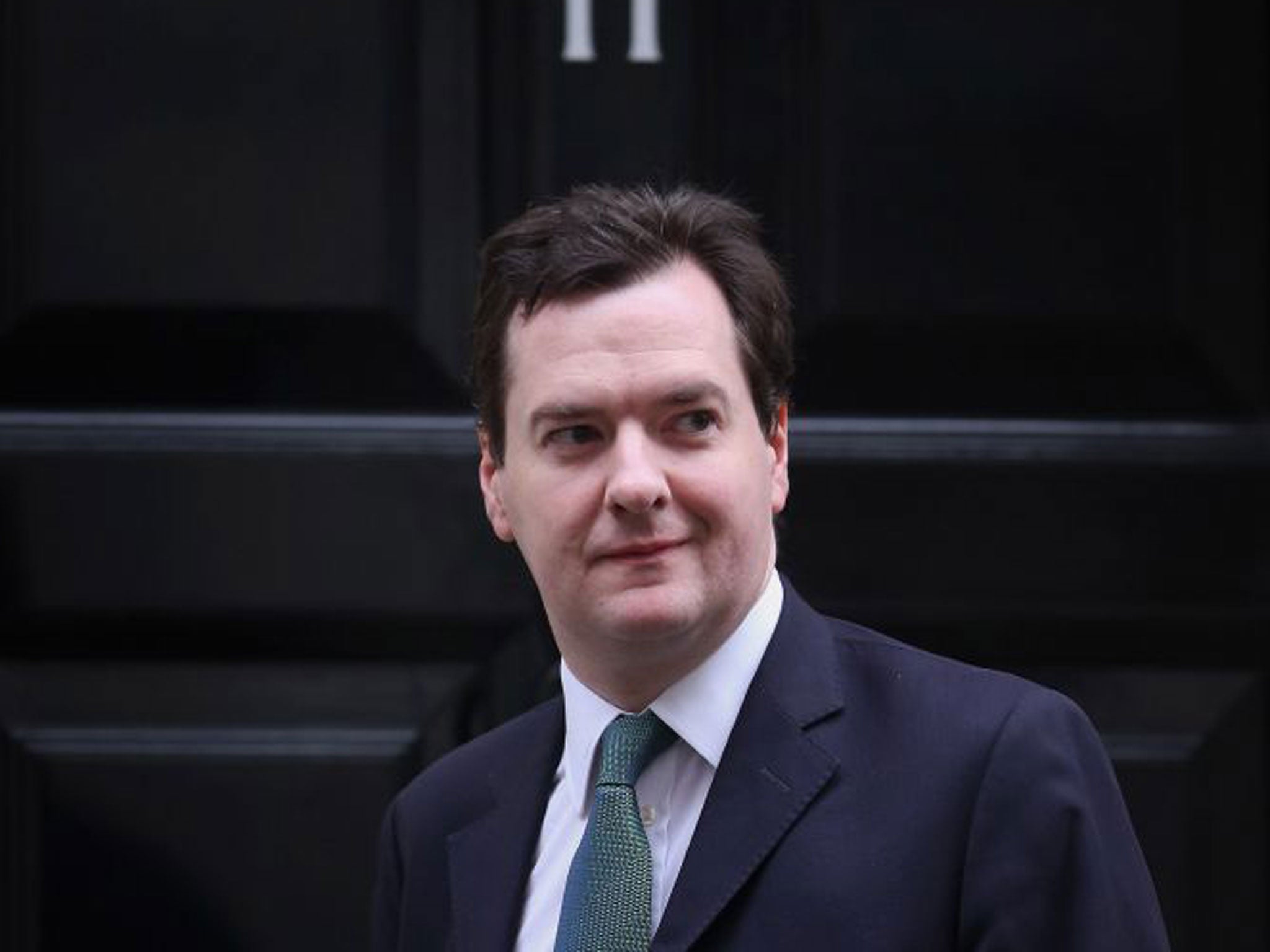Middle classes face 65% tax rate after child benefit squeeze
The Chancellor says the move could save the Treasury up to £2.5bn a year

Your support helps us to tell the story
From reproductive rights to climate change to Big Tech, The Independent is on the ground when the story is developing. Whether it's investigating the financials of Elon Musk's pro-Trump PAC or producing our latest documentary, 'The A Word', which shines a light on the American women fighting for reproductive rights, we know how important it is to parse out the facts from the messaging.
At such a critical moment in US history, we need reporters on the ground. Your donation allows us to keep sending journalists to speak to both sides of the story.
The Independent is trusted by Americans across the entire political spectrum. And unlike many other quality news outlets, we choose not to lock Americans out of our reporting and analysis with paywalls. We believe quality journalism should be available to everyone, paid for by those who can afford it.
Your support makes all the difference.Cuts to child benefit payments, which come into effect on Monday, will lead to “incoherence” in the welfare system and penalise more than a million middle-class families, the Government was warned tonight.
Ministers are braced for a backlash from Tory voters in the party’s heartlands in South-east England, who will be hit hardest by the measure. George Osborne is considering moves to give tax breaks to married couples in the Budget in March to lessen the impact.
The independent Institute for Fiscal Studies calculated today that thousands of families face a marginal tax rate of 65 per cent as a result of the changes, meaning that they will pay almost two-thirds of every extra pound they earn over £50,000 in tax. It warned that there could be a perverse result of people working shorter hours or diverting money into their pension pots to fall short of the threshold.
The benefit, currently worth £20.30 for the first child and £13.40 for subsequent children, is being withdrawn for households in which at least one parent earns £60,000 or more.
Families in which one partner is paid between £50,000 and £60,000 will lose some of their benefit, on a sliding scale. The Chancellor says the move – which could save the Treasury up to £2.5bn a year – is a key element of the drive to reduce the nation’s debts.
But the IFS issued a damning analysis of the “problematic” plans, which will affect more than 1.1 million families. It has calculated that the average loss to the households affected would be £1,300 a year, with 820,000 families losing all state help and 320,000 having it reduced. Some 40,000 homes with three or more children and a parent earning between £50,000 and £60,000 could end up paying a marginal 65 per cent tax rate, the IFS said. It pointed out that the number of people affected would increase over time because there was no sign that the thresholds would be raised.
It said the new system created a “series of administrative complexities”, including the need for up to 500,000 more individuals to fill in tax self-assessment forms. But it added that “perhaps the biggest concern is the incoherence it creates in the welfare system” and the impact on universal credit, which is being phased in from this year.
Conservative MPs have protested both over the policy and its implementation. More than 300,000 families are still to receive a letter from HM Revenue and Customs warning them of their imminent cut in income. Mark Field, the MP for the Cities of London and Westminster, said: “We redoubled our efforts in 2012 to talk about strivers and nuclear families. But they are the sort of people who are going to be most hit by this measure.”
Mark Pritchard, the MP for the Wrekin, urged HMRC to set up advice helplines. “Lessons for the future should be learned, given that seismic reforms will always require greater planning and lead-in times,” he said.
The Treasury said the IFS calculation of income tax was misleading as the withdrawal of child benefit made no difference to marginal tax rates. It added: “The top 15 per cent of higher earners will lose some or all of their child benefit, but we are having to take some difficult decisions to reduce welfare spending and it is important those with the broadest shoulders should bear the biggest burden.”
Chris Leslie, a shadow Treasury minister, said: “As well as being an administrative nightmare, these changes are also unfair.”
Join our commenting forum
Join thought-provoking conversations, follow other Independent readers and see their replies
Comments